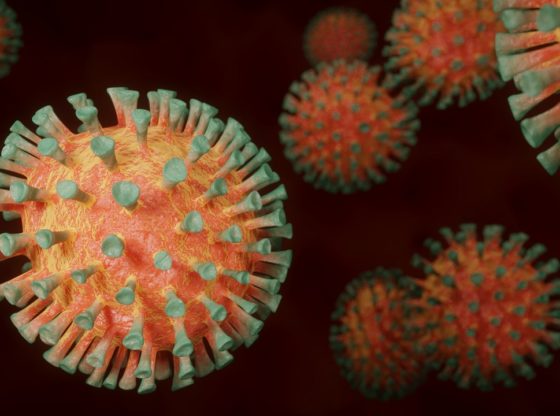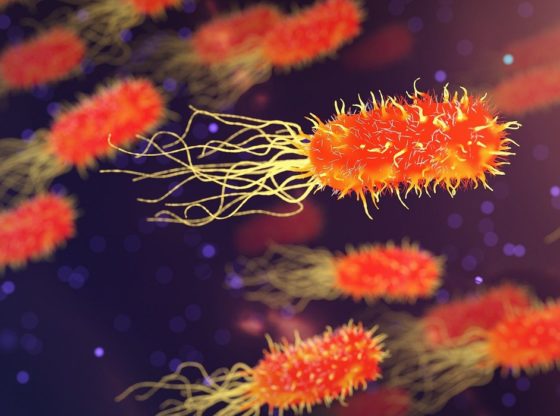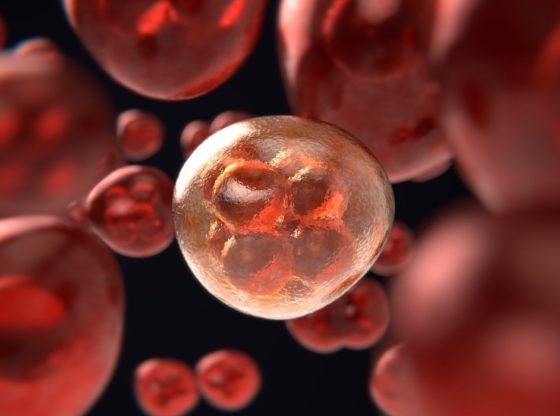Researchers in the US have succeeded in cultivating the norovirus, known as the winter vomiting bug. This is the first time anyone has succeeded in doing this and opens up for new possibilities in developing a vaccine.

The Norovirus was discovered 48 years ago. But unlike many other viruses, scientists have never managed to reproduce the virus in a lab environment.
Being unable to grow a virus in the lab, makes it very difficult to study it and even harder to find a vaccine against it.
There is no vaccine against the norovirus yet. This virus is, however, lethal and is thought to lead to the death of over 200,000 children worldwide each year, especially in poor countries.
Researchers in the United States have now succeeded in cultivating the virus.
The trick was to take stem cells from human small intestines and convert these into precisely the intestinal cells that scientists wanted to study. These redesigned intestinal cells were proven resilient and did not die in the lab, which has occurred in previous experiments.
The trick was to design the cells with no protective tissue, no muscles, nor blood vessels, which made it easier to “fed” the cells with nutrients that secured the survival of the cells.
This was however not enough to succeed in infecting these designed cells with the norovirus, the researchers then tried a long shot, they tested adding human bile.
It worked – the virus began to multiply in the cells, according to researcher Mary Estes at Baylor College of Medicine in Houston, United States.
“It’s been 48 years since the virus was discovered and identified. And now we finally solved the mystery” Estes ads.
The researchers have taken a small step towards an effective vaccine against the norovirus but it will probably take a couple of years until available on the market.
Reference:
Estes, Mary K. et al. Replication of human Noroviruses in stem cell-derived human enteroids. Science 25 August 2016. Doi: 10.1126 / science.aaf5211











![OpenAI. (2025). ChatGPT [Large language model]. https://chatgpt.com](https://www.illustratedcuriosity.com/files/media/55136/b1b0b614-5b72-486c-901d-ff244549d67a-350x260.webp)
![OpenAI. (2025). ChatGPT [Large language model]. https://chatgpt.com](https://www.illustratedcuriosity.com/files/media/55124/79bc18fa-f616-4951-856f-cc724ad5d497-350x260.webp)
![OpenAI. (2025). ChatGPT [Large language model]. https://chatgpt.com](https://www.illustratedcuriosity.com/files/media/55099/2638a982-b4de-4913-8a1c-1479df352bf3-350x260.webp)








